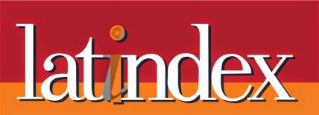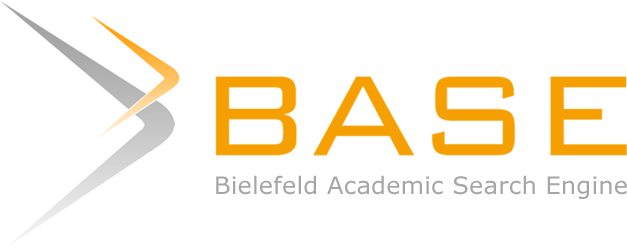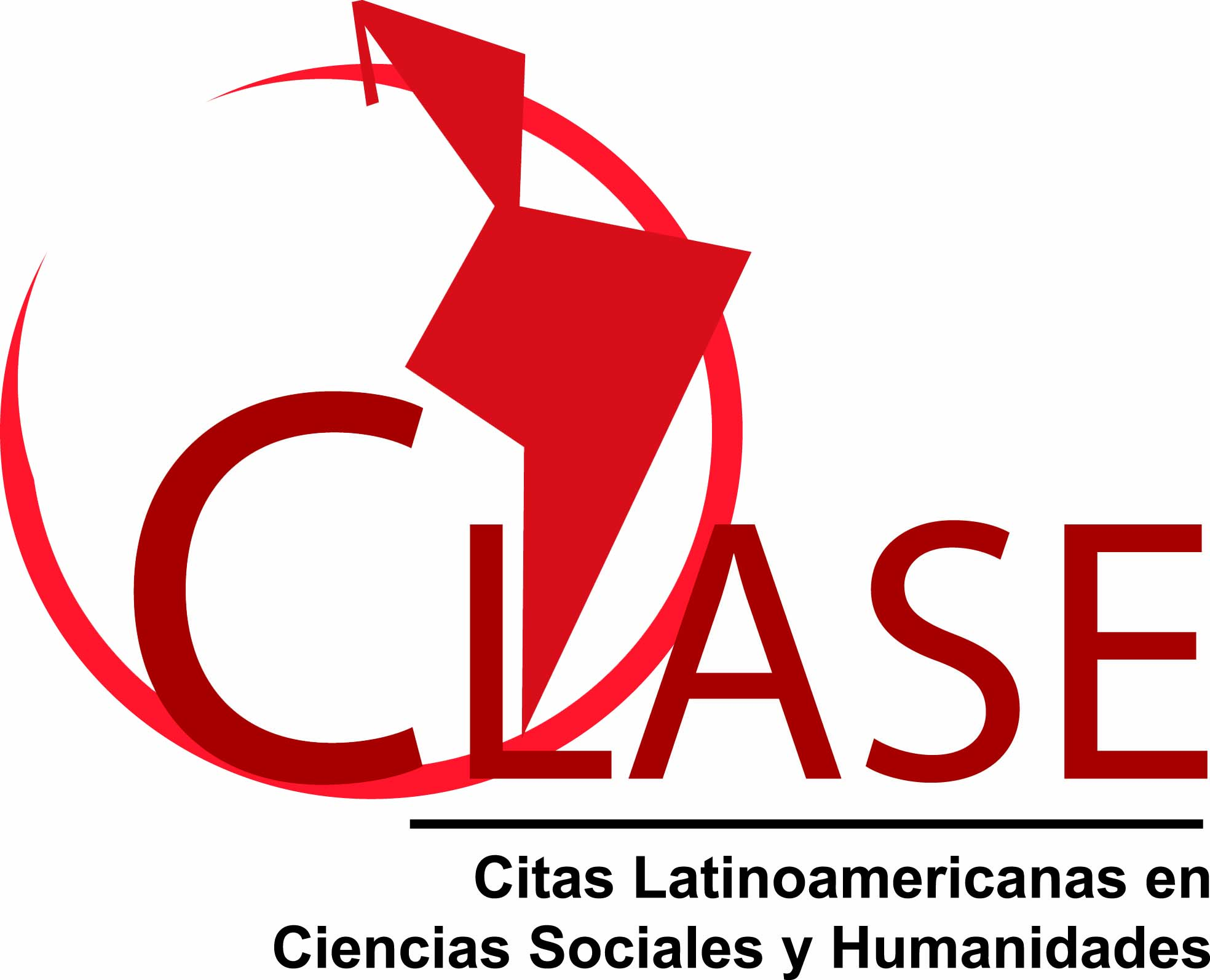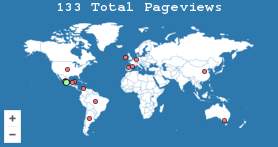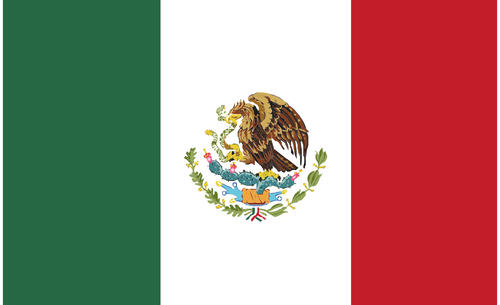La violencia médica y los más vulnerables
Palabras clave:
violencia médica, violencia obstétrica, vulnerabilidadResumen
La violencia médica puede ejercerse en diferentes modalidades y en diferentes intervenciones médicas. Ejemplo de ello es la violencia obstétrica. Pero en este artículo se pretende que de todos los pacientes que pueden recibir violencia, son los embriones y los fetos quienes se encuentran en una posición más vulnerable, y por ello la violencia aquí se torna más cruenta.
Descargas
Referencias
San Pablo (1997). Madrid.
2 WARNOCK, M., “A national ethics committee”: Br. Med. J. 297 (1988) 1626-1627.
3 CAMPBELL, A.V., “Committees and commissions in the United Kingdom”: J.Med.
Phil. 14 (1989) 385-401.
4 WARNOCK, M., “A question of life. The Warnock report on human fertilization and
embryology”. Blackwell (1985) Oxford.
5 REHMAN R., HUSSAIN Z., ZAHIR H., KHAN R. “Impact of peak/mid luteal estradiol on
pregnancy outcome after intracytoplasmic sperm injection”. J Pak Med Assoc.
2014 Jul; 64(7):780-4.
6 ZHANG X., WANG D., HAN Y., DUAN F., LV Q., LI Z. “Altered imprinted gene expression
and methylation patterns in mid-gestation aborted cloned porcine fetuses and
placentas”. J Assist Reprod Genet. 2014 Aug 30.
7 GUO N., LI Y., AI J., GU L., CHEN W., LIU Q. “Two different concentrations of oxygen
for culturing precompaction stage embryos on human embryo development
competence: a prospective randomized sibling-oocyte study”. Int J Clin Exp Pathol.
2014 Aug 15;7(9):6191-8. eCollection 2014.
8 ZHANG H.H., XU P.Y., WU J., ZOU W.W., XU X.M., CAO X.Y., WEI L.Z. “Dehydro
epiandrosterone improves follicular fluid bone morphogenetic protein-15 and accumulated
embryo score of infertility patients with diminished ovarian reserve undergoing
in vitro fertilization: a randomized controlled trial”. J Ovarian Res. 2014
Oct 21; 7:93.
9 SRIDHARAN R., GONZALES-COPE M., CHRONIS C., BONORA G., MCKEE R., HUANG
C., PATEL S., LÓPEZ D., MISHRA N., PELLEGRINI M., CAREY M., GARCÍA B.A., PLATH
K. Proteomic and genomic approaches reveal critical functions of H3K9 methylation
and heterochromatin protein-1ã in reprogramming to pluripotency. Nat Cell
Biol. 2013 Jul; 15(7):872-82.
10 SHOSTAK, S., “The embryo’s beginning” en Id., Embryology. An introduction to
developmental biology Harper Collins Publ. (1991) New York. p. 231.
11 American College of Obstetrics and Gynecology (1972). En: “Obstetric Gynecologic
terminology”. F.A. Davis, Philadelphia.
Medical violence and the most vulnerable
Medicina y Ética 2018/4 1067
12 International Federation of Gynecology and Obstetrics (1985). En:
“1985 Meeting in West Berlin”. Philadelphia.
13 SPONG C.Y. Defining term pregnancy: recommendations from the Defining Term
Pregnancy Workgroup. JAMA 2013;309:2445-6.
14 SCHOOYANS, M., “Le terrorisme á visage humain” 2eme Ed. François-Xavier de
Guibert Ed. (2008) Paris.
15 Choza J. “Filosophical Anthropology, the representations of oneself” Madrid Biblioteca
Nueva 2002.
16 EIJK, W.J. “The criteria of the organic individuality and the bioantroopologic statute
of the pre-implanted embryo”. In: The Human Embryo in the Pre-implantation
Stage, Edited by SGRECCIA E. y LAFITTE J. Minutes of the Twelveth General Assembly
of the Pontifical Academy for Life. (2006) Ciudad del Vaticano, p. 86.
17 KAPP N., TODD C.S., YADGAROVA K.T., ALIBAYEVA G., NAZAROVA D., LOZA O., BABADJANOVA
G.S. “A randomized comparison of misoprostol to intrauterine instillation
of hypertonic saline plus a prostaglandin F2alpha analogue for second-trimester
induction termination in Uzbekistan”. Contraception. 2007 Dec; 76 (6):461-6.
18 DUAN E.K., WANG H., ZERNICKA-GOETZ M. Introduction to the special issue “Molecular
Players in Early Pregnancy”. Mol Aspects Med. 2013 Oct; 34(5):
19 BEDZHOV I., GRAHAM S.J., LEUNG C.Y., ZERNICKA-GOETZ M. Developmental plasticity,
cell fate specification and morphogenesis in the early mouse embryo. Philos
Trans R Soc Lond B Biol Sci. 2014 Dec 5; 369(1657).
20 TOMÁS Y GARRIDO G.M., LÓPEZ MORATALLA N. From the totipotence of the zygote
to mature stem cells and reserve cells. Cuad Bioet. 2009 Sep-Dec; 20(70):317-31.
21 HERRANZ G. Response: The timing of monozygotic twinning: a pro-life challenge
to conventional scientific wisdom. Reprod Biomed Online. 2014 Jun; 28(6):789.
22 HERRANZ G. The Fictitious Embryo: A Critical History of a Biological Myth. Cuad
Bioet. 2014 May-Aug; 25(84):299-312.
23 LI B., MA Y., HUANG J., XIAO X., LI L., LIU C., SHI Y., WANG D., WANG X. “Probing
the effect of human normal sperm morphology rate on cycle outcomes and assisted
reproductive methods selection”. PLoS One. 2014 Nov. 20;9(11).
24 SUTOVSKY P. “Posttranslational modifications-when the sperm cell meets the
egg”. Adv. Exp. Med. Biol. 2014;759.
25 PICINATO M.C., ARAUJO M.D., ARAUJO C.H., ROCHA M.G., MARTINS WDE P., REIS
R.M., FERRIANI R.A., ALBUQUERQUE P.A., NAVARRO S. “First polar body morphology
and fertilization rate, cleavage rate, and embryo quality”. Rev Bras Ginecol Obstet.
2008 Jul; 30(7):360-5. Portuguese.
26 HIPOCRATES “Du foetus de sept mois”. Vol. VIII, Paris: Littré, 1851:492.
27 ARISTOTLE “The Generation of Animals”. Cambridge: Harvard University Press,
1979:95-111.
28 ENGELHARDT T.H. “The Foundations of Bioethics”. New York. Oxford University
Press, 1986.
29 MCCOSKER P. Persons: The Difference between ‘Someone’ and ‘Something’-By
M. Tarasco Michel
1068 Medicina y Ética 2018/4
Robert Spaemann. Reviews In Religion And Theology [serial on the Internet].
(2008), [cited November 24, 2014]; (4):582. Available from: Academic OneFile.
30 KANt E. “Fondazione della metafisica dei costume”. Scritti morali, Torino: UTET,
1970:88.
31 FRANKFURT H. “Freedom of the will and the concept of a person”, The journal of
Philosophy 1971, 68:5-20.
32 GEVAERT J. “The Problem of man; tr. Alfonso Ortiz y José María Hernández”. Salamanca,
España, Sígueme 2003, 13a ed. p. 7.
33 FLANIGAN, R. “Vulnerability and the Bioethics Movement”. Bioethics Forum 2000,
16 (2):13-18.
34 HERRANZ G. “When it cannot be cured”. Published in Aceprensa 1 Oct. 2008.
35 Pastoral Constitution of the II Vatican Council, Gaudium et Spes núm. 23.
Descargas
Publicado
Número
Sección
Licencia
Medicina y Ética se distribuye bajo Licencia Creative Commons Atribución-NoComercial-CompartirIgual 4.0 Internacional.
El autor conserva los derechos patrimoniales sin restricciones y garantiza a la revista el derecho de ser la primera publicación del trabajo. El autor es libre de depositar la versión publicada en cualquier otro medio, como un repositorio institucional o en su propio sitio web.














